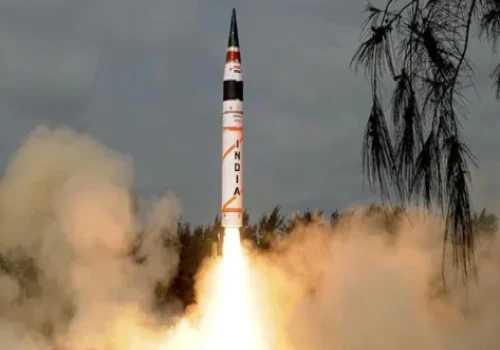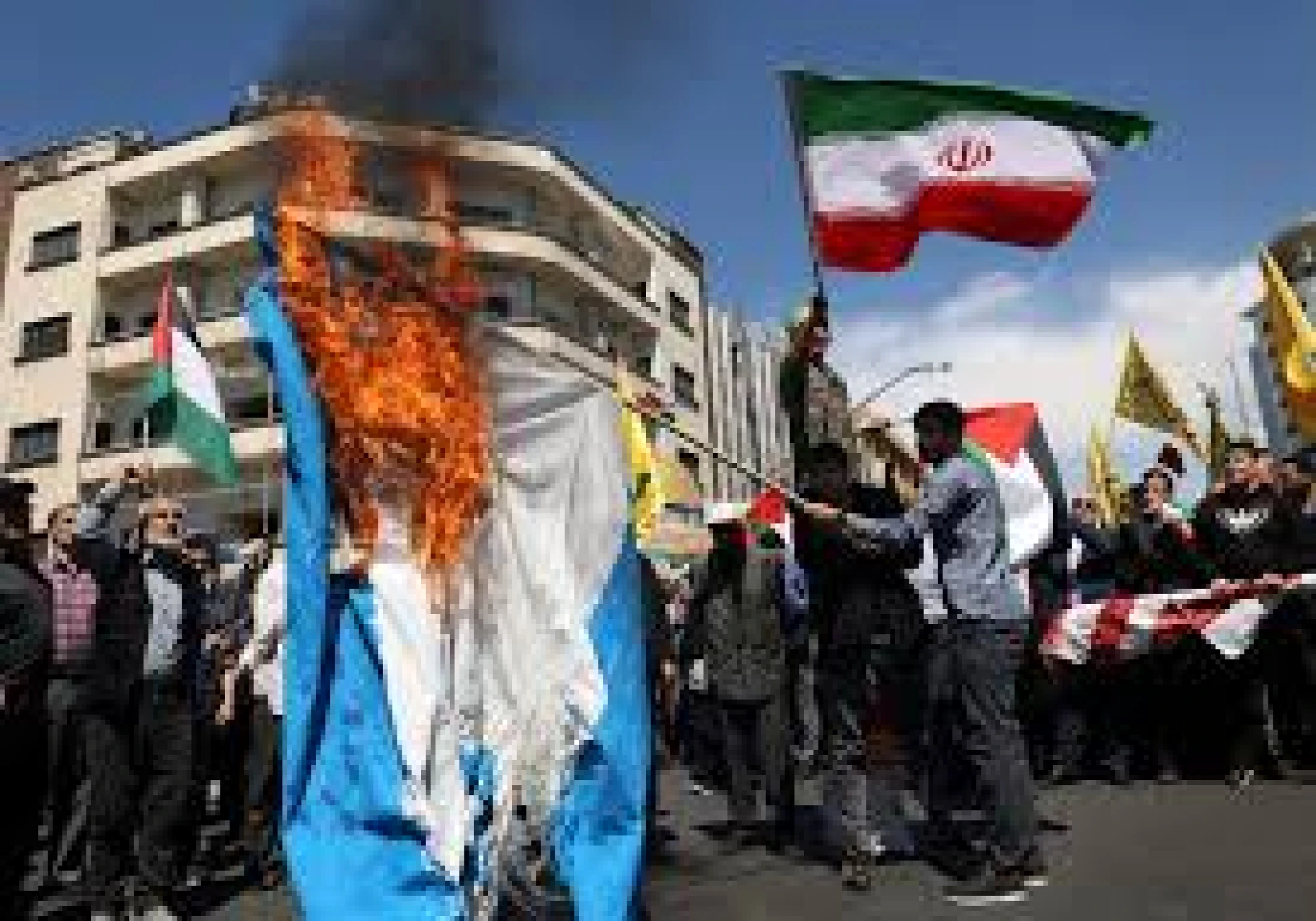
Israel launched airstrikes on Iranian military installations early Saturday morning, targeting facilities in multiple regions. According to preliminary reports, the attacks focused on sites believed to be tied to the Iranian Revolutionary Guard Corps (IRGC) and other strategic assets in central and western Iran. Iranian state media confirmed the strikes, stating that they caused "limited damage," while no casualties were reported.
The Iranian dictatorship and its regional proxies have been attacking Israel nonstop since October 7 on seven fronts, including direct attacks from Iranian territory, according to a statement issued by the Israeli military. The State of Israel has the obligation and the right to react, just like any other sovereign nation.
The latest incident marks another flare-up in an already tense regional landscape. Relations between Israel and Iran have been fraught for decades, driven by ideological, territorial, and political hostilities. Israel has consistently warned against Iran's support for militant groups in the region, including Hezbollah in Lebanon and Hamas in Gaza. The Israeli government has frequently accused Iran of providing weapons and intelligence to destabilize areas surrounding the Israeli state. Iran, in turn, views Israel’s activities as provocative and has vowed to resist what it perceives as Israeli aggression.
Friday’s airstrikes come from recent diplomatic and military exchanges involving both nations. Iran's military recently held war games simulating defense against aerial assaults, while Israel has heightened security protocols around sensitive facilities. Experts speculate that the latest attack is part of Israel’s ongoing strategy to weaken Iran's defense posture preemptively.
Global powers, including the United States and Russia, have called for calm, urging both nations to avoid escalations that could lead to an open conflict. The United Nations Security Council is expected to convene in an emergency session to address the crisis. Meanwhile, Middle Eastern neighbors have voiced concerns over a possible ripple effect in the region.


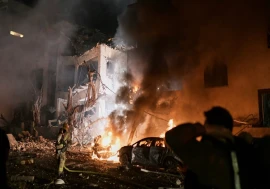
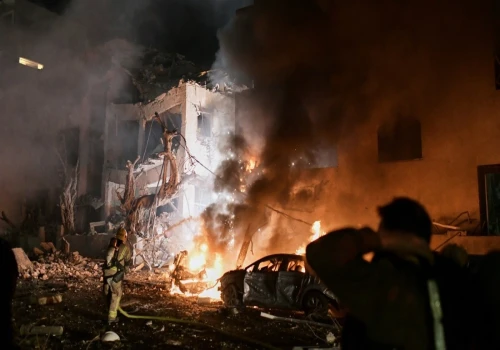

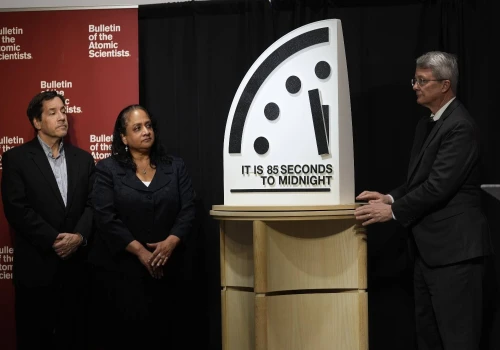


_500_x_350.webp)



